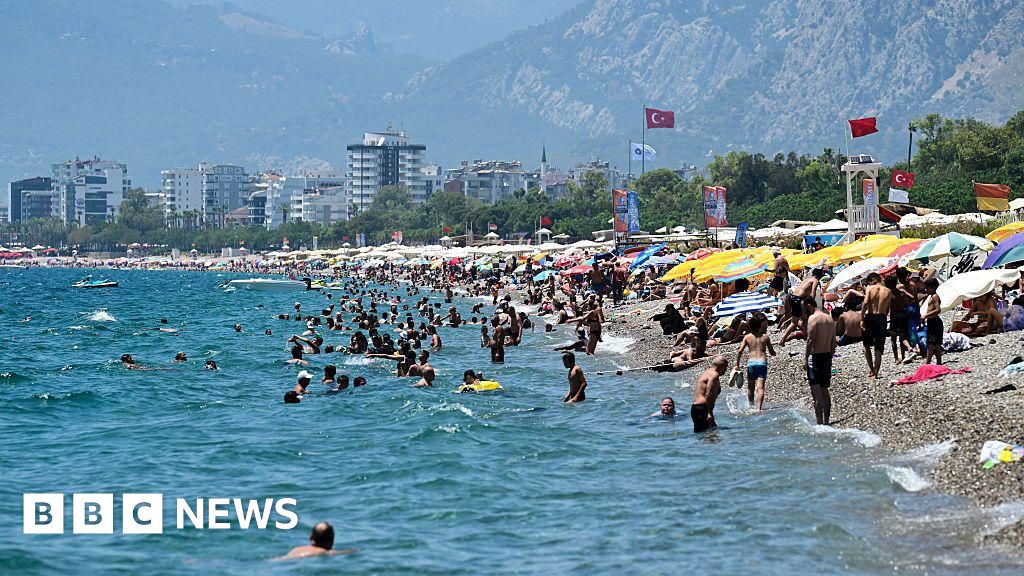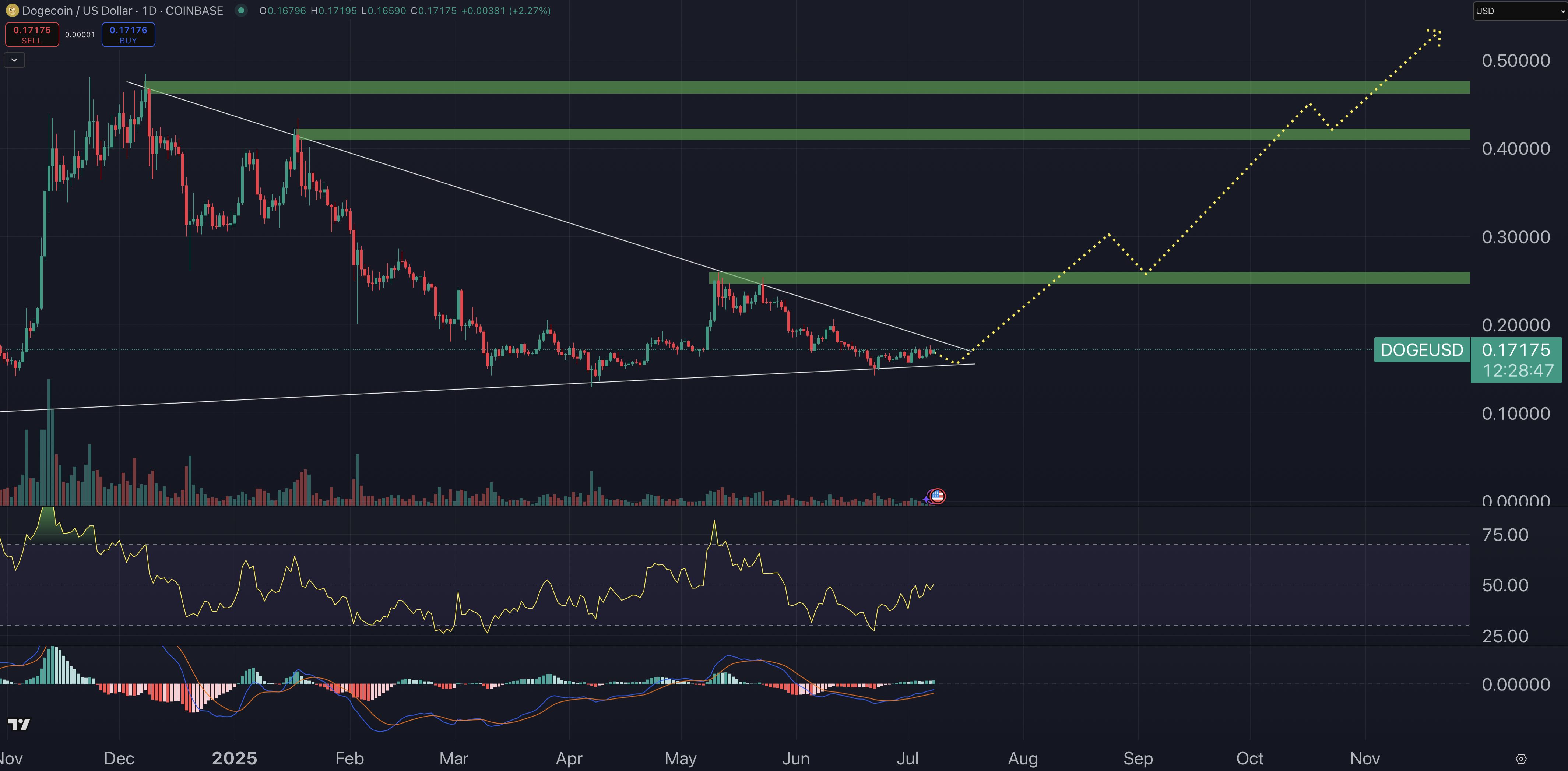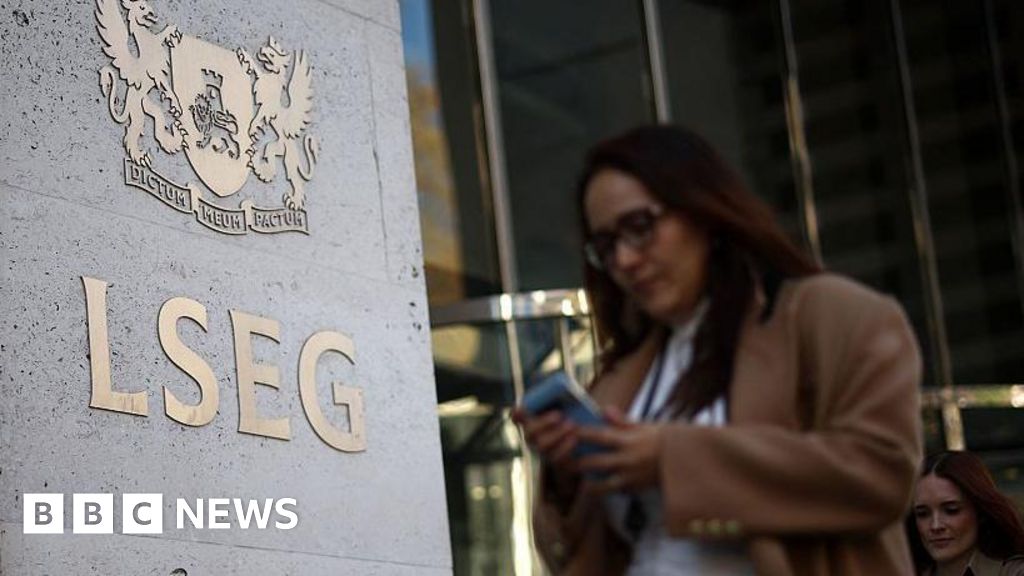In the decades-long regional hostility between Israel and Iran, Palestinian militant group Hamas has never come fully under the Islamic republic’s sway.
It has in recent years taken money from Qatar, learned propaganda lessons from Isis and kept up relations with Egyptian intelligence.
But Saturday’s multi-pronged assault on Israel, cheered on by Iran, has prompted a reassessment of how deep the ties have grown between Hamas and Tehran. For Israel and regional powers, the main question is whether Tehran-backed groups that pose an existential threat to Israel — the so-called Axis of Resistance — provide an explanation for how Hamas developed the capacity to mount such an audacious attack.
“The Axis of Resistance . . . aims to annihilate and wipe out Israel from existence,” said Abdul Majeed Awad, head of Hamas’s political and media relations office in Lebanon. Other allies had not been informed of the operation until after it was under way, but Iran and its most important proxy, the Lebanese militant group Hizbollah, had been “following every moment” of the assault, Awad said.
More than 700 Israeli civilians and troops have been killed since Hamas’s attack began, while at least 100 Israelis have been abducted in what is the deadliest conflict inside the Jewish state since it was formed in 1948. In Gaza health officials have reported 560 deaths in the enclave.
Iran has in recent years worked hard to strengthen ties with Palestinian militant groups, according to Israeli officials, portraying itself as the champion of their cause at a time when several Arab states have been moving to normalise relations with the Jewish state.
Israel’s assessment is that Tehran has made a push to move money, arms — and even drugs — into the occupied West Bank via Jordan as part of its efforts to foment attacks by Palestinian militants against Israeli targets.
“Iran views the Palestinian arena as a major opportunity to promote its vision of surrounding Israel with a ‘ring of fire’ . . . heavily armed terror armies that can activate firepower and cross-border raids against Israel, under Iranian influence,” said Yaakov Lappin, an Israel-based defence analyst. “This is part of Iran’s goal of challenging Israel from within and on its borders.”
Predominantly Shia Iran already has a proxy in Gaza in Palestinian Islamic Jihad, a smaller group that sometimes rivals Hamas, and sometimes fights alongside it. But bringing the larger and more established Hamas, which controls Gaza, more fully into its orbit would be a coup.
Hamas is “not in Iran’s pocket. It has a multitude of relations, with Qatar and Turkey among others,” said Mohanad Hage Ali, a Beirut-based senior fellow at the Carnegie Middle East think-tank. “This new alliance with Iran, however important it is, only stands if it’s reciprocated and if it will back up Hamas.”

Israel has estimated that the PIJ, which also claimed to have taken part in Saturday’s assault, and Hamas receive $100mn a year between them from Iran. Tehran has also provided training for fighters, and expertise in how to improve its production of rockets to make them more lethal and accurate.
Ayatollah Ali Khamenei, Iran’s supreme leader, said of the attack on Israel: “God willing, the cancer of the usurper Zionist regime will be eradicated at the hands of the Palestinian people and the resistance forces throughout the region.”
Yet Hamas — a Sunni Islamist movement formed in the 1980s around the time of the first Palestinian intifada, or uprising — has always maintained a strategic ambiguity to maintain the maximum support for its cause. “All who oppose the Zionist regime are our friends — the Palestinian cause is universal,” Ahmed Yousef, a senior adviser to Hamas leaders told the Financial Times last year.
Israel and Iran have fought a shadow war across the Middle East — in the likes of Syria, Lebanon and Iraq — with rocket and drone strikes as well as assassinations. Iran harasses Israel from the north via Hizbollah in Lebanon, and from the north-east, where Iranian and Hizbollah fighters have free rein along the Syrian border. In 2021, Israel and Iran were involved in tit-for-tat naval sorties that involved both civilian and quasi-military vessels in the Mediterranean.
The Wall Street Journal reported on Sunday that Iranian security officials “helped plan” Saturday’s surprise attack, a report that was denied by Iran and its proxies. “We emphatically stand in unflinching support of Palestine; however, we are not involved in Palestine’s response, as it is taken solely by Palestine itself,” Iran’s UN mission said.

A senior Israeli military official said that, while his view was that the “Iranians are involved”, he cautioned not to overstate Tehran’s role.
Avi Melamed, a former Israeli intelligence official, said Iran’s goal in building up groups such as Hamas and PIJ in Gaza, Hizbollah in Lebanon and various Shia militias in Syria was to “destroy the State of Israel . . . We have to ask ourselves if the war Hamas has started is the beginning of a multi-front assault.”
Despite the Hamas offensive being long in the planning — Israeli analysts contend it probably took months, if not a year, to develop — the timing may have been linked to Iranian and Hamas fears over the growing prospects of an Israel-Saudi Arabia normalisation deal.
Khamenei also recently warned that it was a “mistake” to bet on “normalisation with the Zionist regime” while Iran’s foreign ministry has described the Hamas invasion as “spontaneous”.
One incident that points to increased co-operation between Israel’s foes was a visit to Lebanon in April by Ismail Haniyeh, a top Hamas leader, to meet Palestinian factions inside Lebanon. He asked them to “unite and escalate”.
Other members of Hamas’ leadership visit Iran and regularly meet with Hizbollah, while some Hamas leaders have moved to Lebanon.
The increased presence of Hamas’ leadership in Lebanon meant Hizbollah and Lebanon were “tied to inter-Palestinian tensions and to violence against Israel’s occupation,” Hage Ali said, adding that this dalliance could lead to broader regional conflict.
In a sign of the widening struggle, Israel shelled southern Lebanon on Monday, prompted by a cross-border raid by the PIJ. The Israeli military said soldiers, backed by helicopters, killed at least two gunmen who had crossed the border.
Hage Ali continued: “If Hamas is in existential danger with an Israeli revenge attack and ground invasion, what good is this alliance if the conflict wouldn’t widen to include attacks on other fronts?”
Credit: Source link











